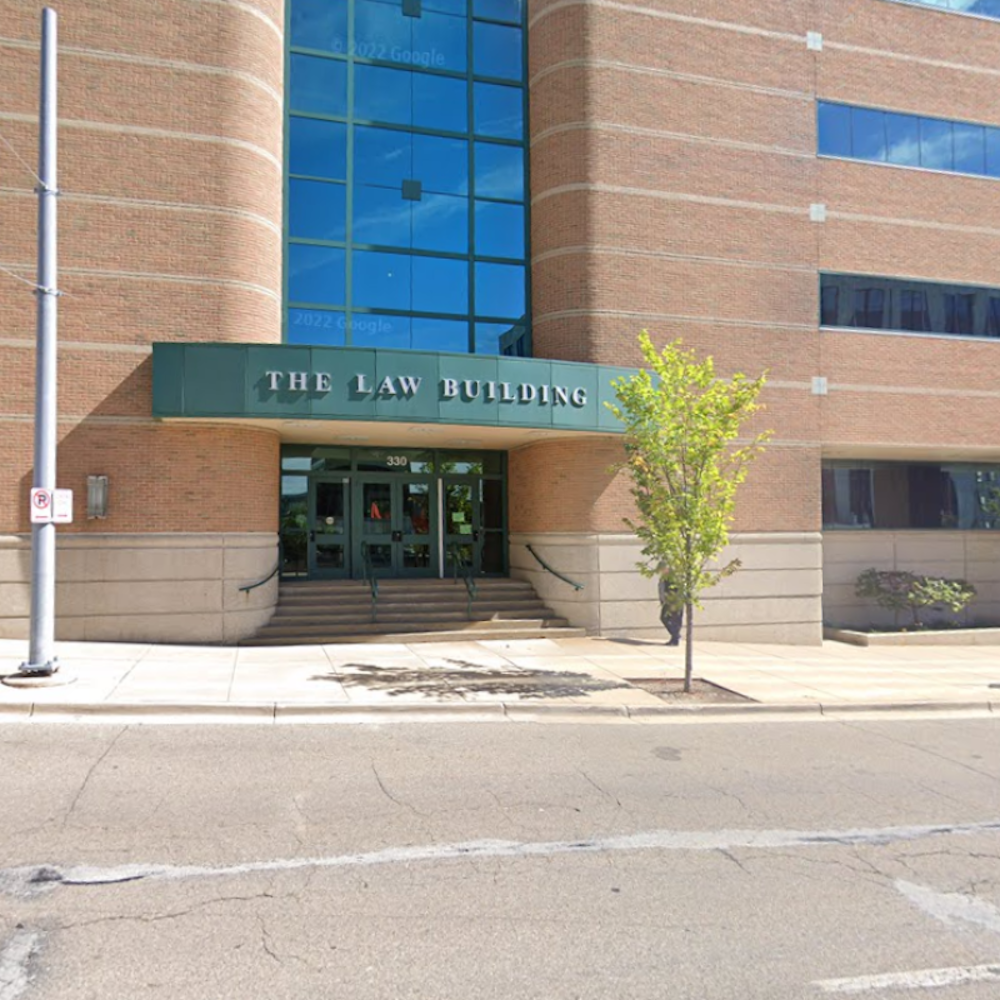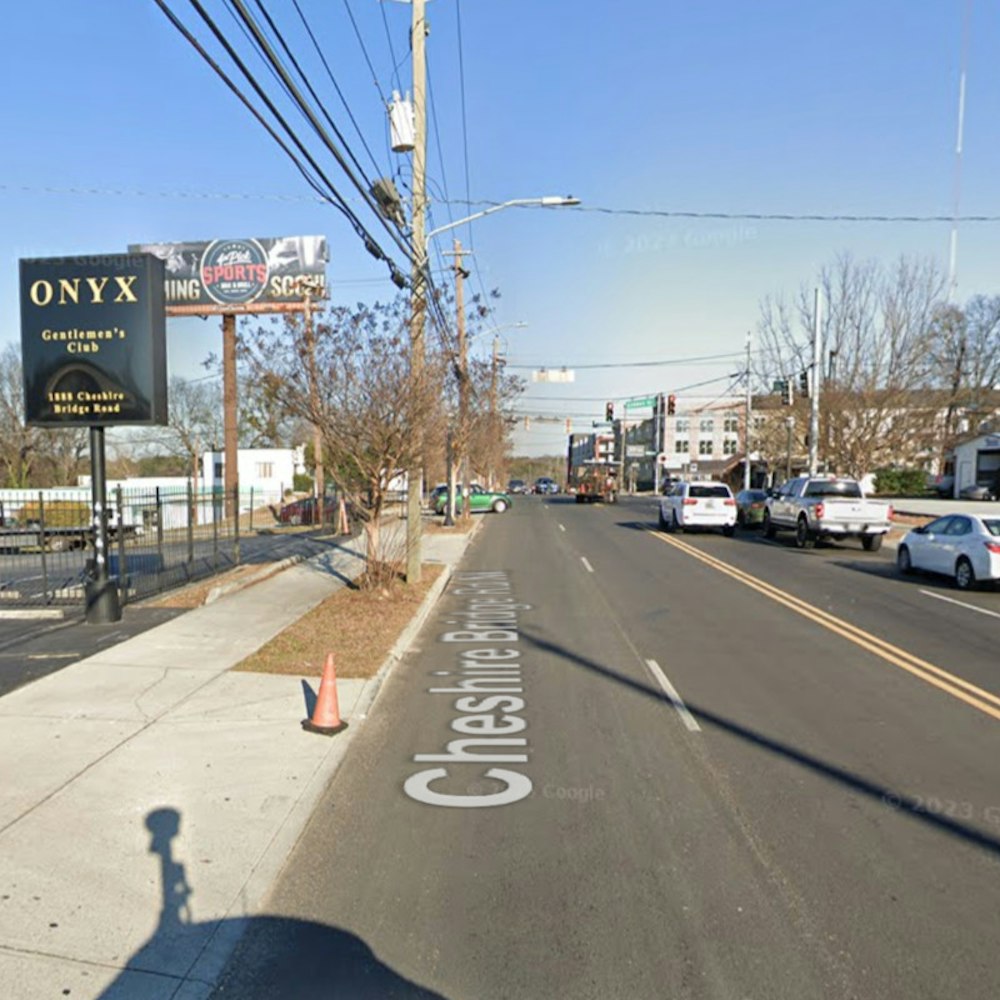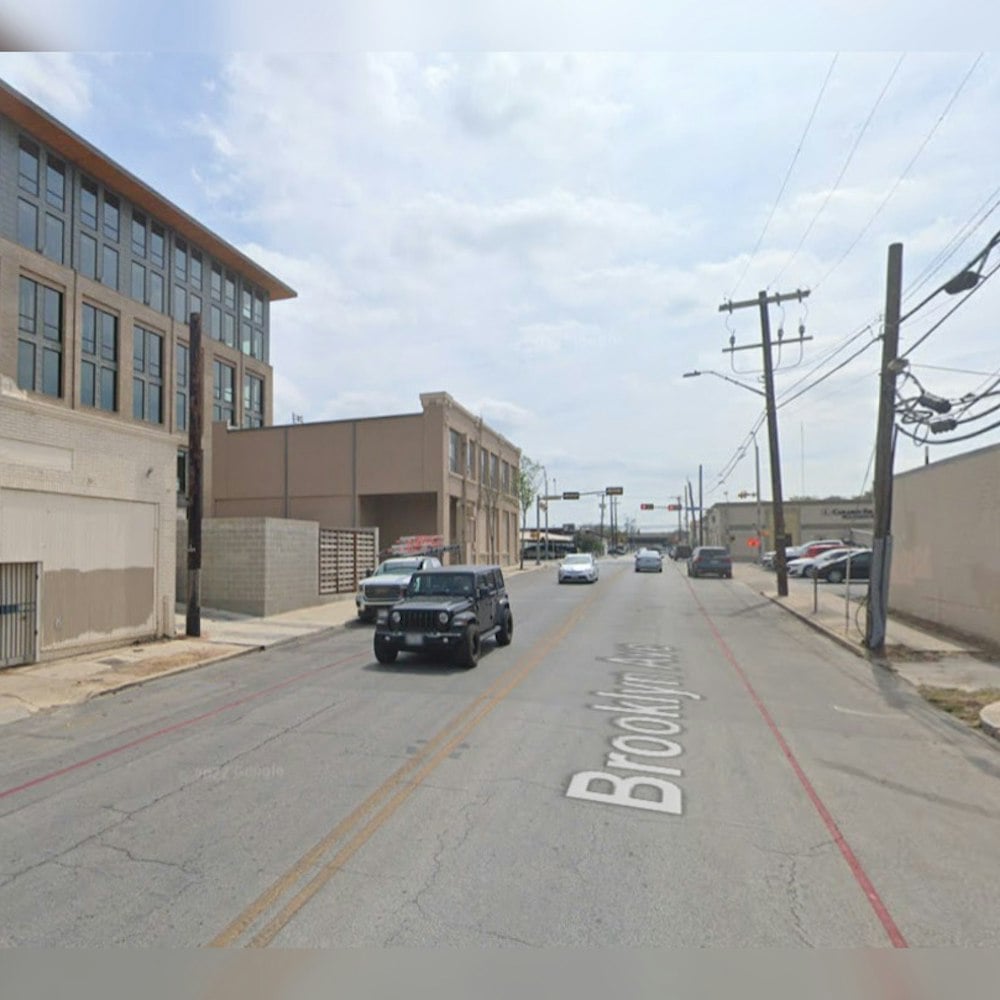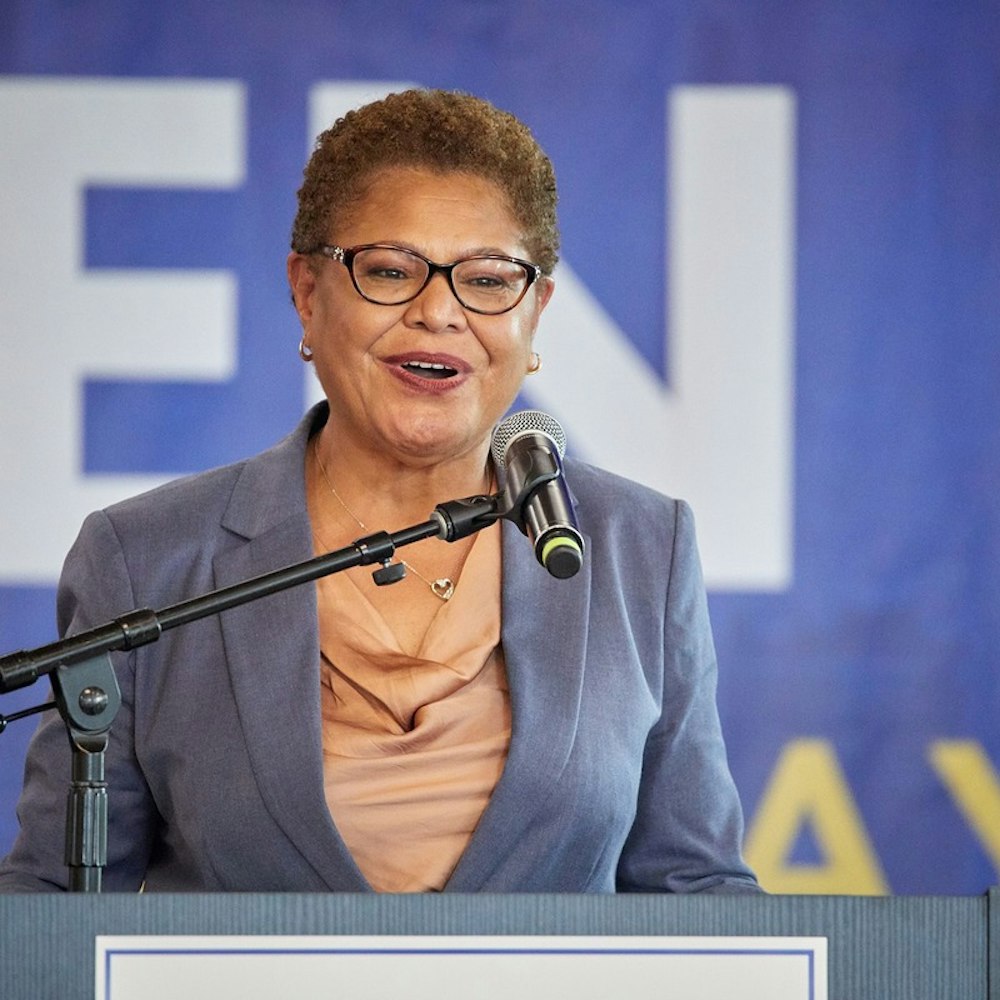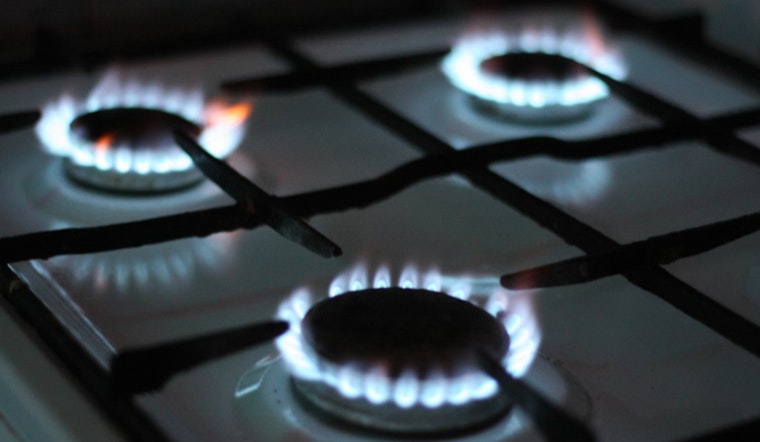
Boston is flipping the switch from gas to electric, in a $1 million move aimed at cleaning the air and cutting carbon in some of its neediest neighborhoods. The city scored a federal grant designed to scrub up to 80 gas stoves from Dorchester's affordable housing units, trading them for electric ones, as Boston Globe reported.
The cash flow, part of the Environmental Protection Agency’s Environmental Justice Government-to-Government Program, is specifically to help breathe life into communities getting choked by pollution. Engulfed by concern over public health and climate risks associated with gas stoves, the plan has been integrated into Mayor Michelle Wu's broader campaign to neutralize Boston's carbon footprint by 2050. Considering, buildings pump out 70% of the city's greenhouse gas emissions, according to a statement obtained by Boston.com.
Gas appliances have been under fire for belching out toxins like nitrogen dioxide and methane, no friends to lungs or the atmosphere. Homes that cook up meals on gas bare an increased risk for asthma symptoms, a statistic that rises as high as 42% for children, according to research referenced by Boston.com. And then there’s the case of Darlene Harrison of Talbot Bernard Homes who lost her pet to a stove leak, a grim reminder of the danger of these kitchen mainstays, as the Globe reported.
On top of health anxieties, the switch also wrestles with financial and equity concerns. Residents worry electric bills could surge higher than Boston’s infamously unpredictable weather, but potential savings in healthcare costs, from improved air quality, might just balance that out. "My hypothesis is that we will see pretty good amount of air quality improvements and ... some appreciable monetary benefit from the health care system side of things," Dr. Jon Levy told the Globe in an interview.
But these changes are more than financial digits and health stats. They represent a fairer shake for those usually left in the dust. "Oftentimes, people who have less financial abilities, or who are renters and subject to landlord decisions, are left behind," Dr. Wynne Armand of Harvard Medical School and Massachusetts General Hospital extolled the virtues of the triple-threat benefits of the project, according to the Globe.
With Boston University on board to monitor the swap's impact on the air indoors and the cost outdoors, and a summer kickoff for installations after a round of building assessments, Mayor Wu's climate playbook is heating up. Every family in Boston "deserves a home that is affordable, safe, and healthy," Wu asserted, as cited by Boston.com. And with inductions stoves on the menu and the city handing out new cookware and demos to ease the switch, residents have a new recipe to try out—one that’s easier on the lungs and lighter on carbon.
